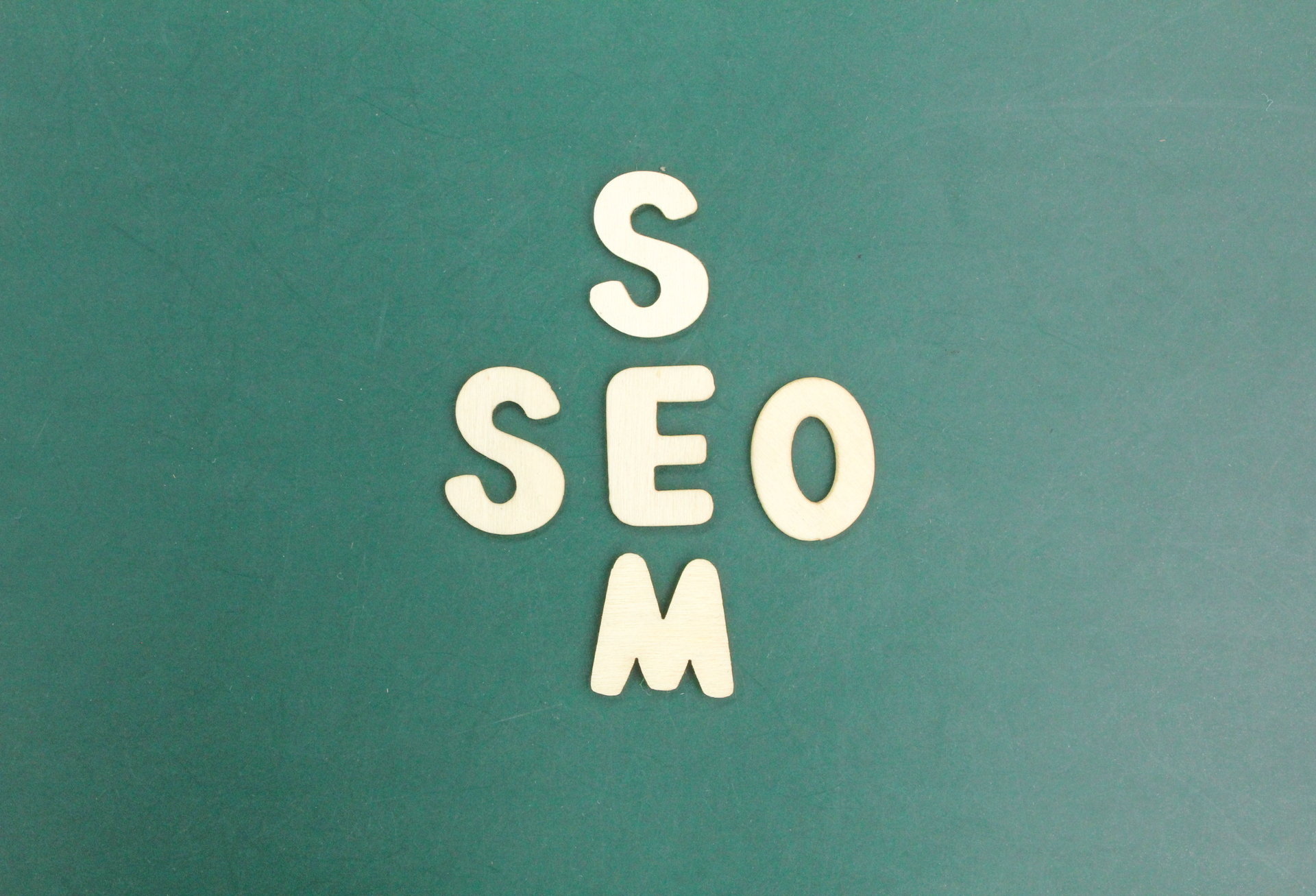SEO vs. SEM: The Similarities
When it comes to digital marketing, two acronyms that often come up are SEO (Search Engine Optimization) and SEM (Search Engine Marketing). While these terms may seem different, they actually have more in common than you might think.
What is SEO?
SEO is the practice of optimizing your website to rank higher in search engine results pages (SERPs) for specific keywords. This involves on-page optimization (such as improving content, meta tags, and site structure), off-page optimization (like building high-quality backlinks), and technical optimization (ensuring your site is fast, mobile-friendly, and easy to crawl).
What is SEM?
SEM, on the other hand, refers to paid advertising methods that help improve your visibility in search engine results pages. This includes pay-per-click (PPC) ads, which appear at the top and bottom of SERPs, as well as display ads, shopping ads, and more.
The Similarities
- Both aim to improve visibility: Whether you're using SEO or SEM, your ultimate goal is to increase your online presence and attract more visitors to your website. By ranking higher in SERPs or displaying ads on relevant search results, both strategies help drive traffic to your site.
- Both target specific keywords: To be successful with SEO or SEM, you need to identify the keywords and phrases that your target audience is searching for. By optimizing your content and ads around these terms, you can attract more qualified traffic to your website.
- Both require ongoing optimization: Search engines are constantly evolving, and so too must your SEO and SEM strategies. To maintain strong rankings and ad performance, you'll need to regularly monitor your campaigns, make adjustments as needed, and stay up-to-date with the latest trends and best practices.
The Differences
While SEO and SEM share many similarities, there are also some key differences between the two:
- Organic vs. paid results: The most obvious difference is that SEO focuses on organic (unpaid) search results, while SEM involves paying for ad placement.
- Immediate vs. long-term results: With SEM, you can often see immediate results from your campaigns, as your ads will start appearing in SERPs almost instantly. In contrast, SEO is a more long-term strategy, as it can take weeks or even months to see significant improvements in your rankings.
- Cost: SEM can be more expensive than SEO, especially if you're bidding on highly competitive keywords. However, with proper targeting and optimization, you can still achieve a strong return on investment (ROI) from your SEM campaigns.
Conclusion
While SEO and SEM may seem different at first glance, they both share the common goal of improving your online visibility and attracting more traffic to your website. By understanding their similarities and differences, you can develop a well-rounded digital marketing strategy that leverages the strengths of both approaches.


